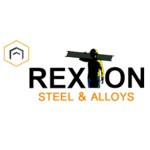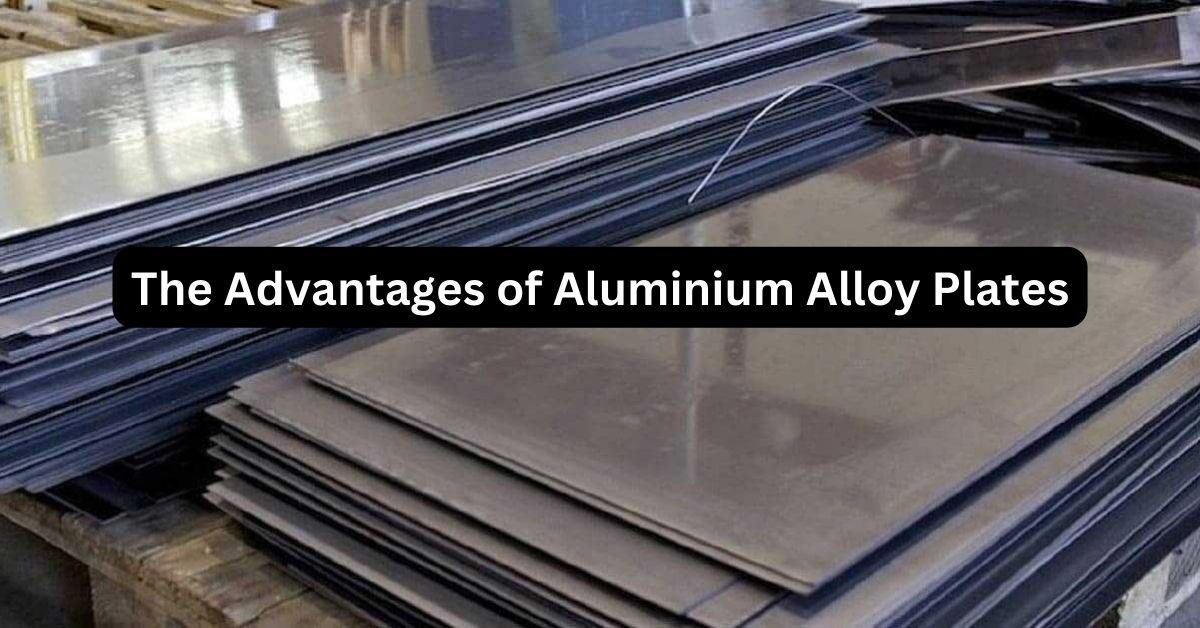Aluminium alloy plates are commonly used in various industries for their excellent properties, such as high strength, corrosion resistance, and lightweight. This material has become a popular choice in industrial manufacturing for several reasons. In this blog post, we'll cover the advantages of Aluminium alloy plates and how they can improve the efficiency and quality of production processes for different applications.
Advantages of Aluminium Alloy Plates
High Strength and Durability: One of the significant advantages of Aluminium alloy plates is their high strength-to-weight ratio, making them stronger than most other metals. They can withstand extreme temperatures and pressures, making them ideal for many manufacturing processes. Additionally, alloy plate is resistant to corrosion and wear, reducing the need for maintenance and replacement of parts, which can significantly reduce costs in the long term.
Lightweight and Cost-effective: Aluminium alloy plates are lightweight and durable, making them an excellent alternative to heavier materials like steel, titanium, or copper. They are cost-effective compared to other metal alloys, which can be expensive and less durable. By using Aluminium alloys, manufacturers can save money on material costs and reduce energy consumption during manufacturing.
High conductivity: Aluminium alloy plates have excellent electrical conductivity, making them an ideal material for various electrical components, such as wires, cables, and connectors. They can also be used in heat exchangers and radiators, allowing heat to transfer quickly and efficiently. Due to this property, Aluminium alloy plates can be found in many industrial applications, including automotive, aerospace, and electronics industries.
Environmentally friendly: Aluminium is a highly recyclable and sustainable material, making it an eco-friendly option for manufacturing. Recycled Aluminium requires 95% less energy than virgin Aluminium, and its properties remain unchanged, making it a cost-effective and sustainable choice.
Versatility: Aluminium alloy plates can be used in many applications across various industries due to their excellent properties. They can be formed into various shapes and sizes, making them suitable for different manufacturing processes. With proper processing, Aluminium alloy plates can be modified to have different physical and chemical properties, allowing manufacturers to customize parts and products to suit their specific needs.
Conclusion:
Aluminium alloy plates offer several benefits, making them a popular choice for industrial manufacturing. Their high strength, corrosion resistance, low weight, and excellent conductivity make them ideal for various applications in automotive, aerospace, construction, electronics, and other industries. Manufacturers can benefit from using Aluminium alloy plates by reducing costs, improving efficiency, and creating sustainable solutions. In conclusion, Aluminium alloys offer a great alternative in the industrial world, which provides the needed features for efficient production processes.






Comments